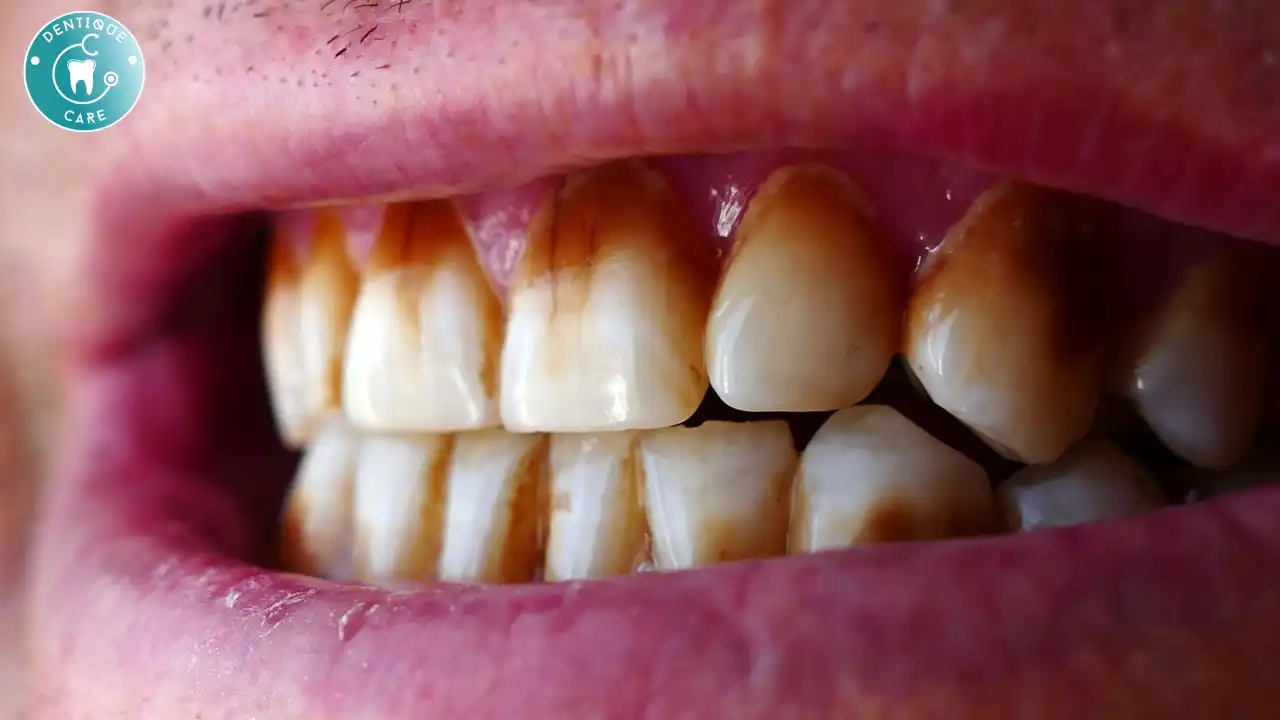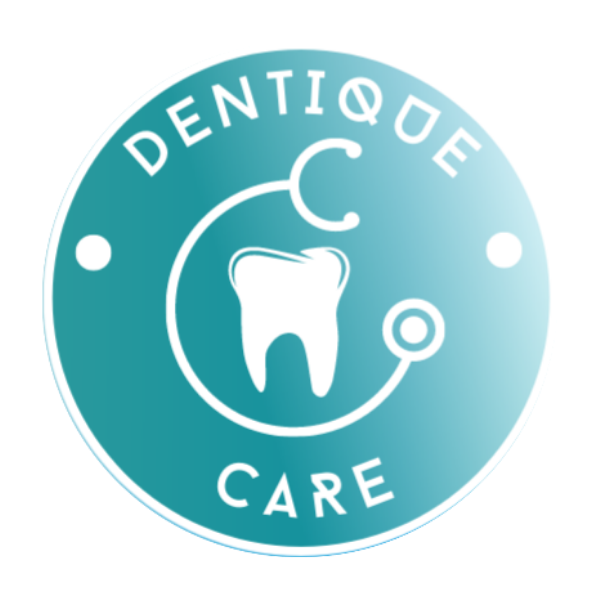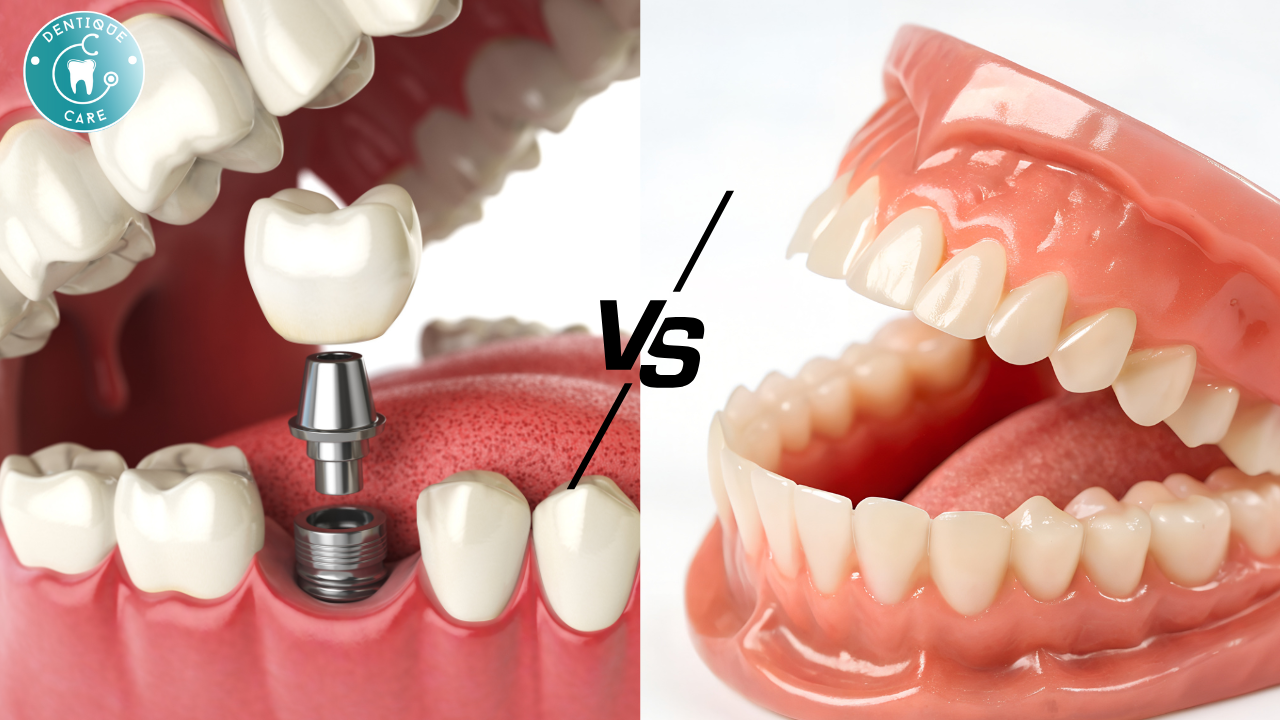
Smoking cigarettes not only poses a significant threat to your overall health but also wreaks havoc on your oral health. As a dentist, it is essential to educate patients about the detrimental effects of smoking on their teeth and gums. In this blog post, we will delve into the various ways cigarettes impact your oral health, from staining and discoloration to gum disease and tooth loss. Understanding these effects can serve as a powerful motivator to quit smoking and prioritize your dental well-being.
1. Tobacco Stains and Discoloration:
One of the most visible effects of smoking on teeth is the staining and discoloration caused by tobacco. The tar and nicotine present in cigarettes adhere to the enamel, gradually turning teeth yellowish or brownish in color. Over time, these stains become more stubborn and resistant to conventional teeth whitening methods, resulting in a perpetually dull and discolored smile.
2. Increased Risk of Gum Disease:
Smoking compromises the health of your gums and increases the risk of gum disease. The chemicals in cigarettes irritate gum tissues, leading to inflammation and decreased blood flow. This impairs the gums' ability to fight off infections, making smokers more susceptible to gum disease. Additionally, smoking masks the early signs of gum disease, such as bleeding gums, causing delayed diagnosis and treatment.
3. Slower Healing and Increased Infection Risk:
Smoking interferes with the body's natural healing process, including oral tissues. This means that if you undergo any dental procedure, such as tooth extraction or gum surgery, smoking can impede the healing and prolong the recovery period. Furthermore, the compromised blood flow resulting from smoking increases the risk of infections in the mouth, further complicating the healing process.
4. Tooth Decay and Cavities:
The harmful chemicals in cigarettes, combined with poor oral hygiene habits often associated with smoking, contribute to an increased risk of tooth decay and cavities. Smoking reduces saliva flow, which is essential for neutralizing acids and preventing bacterial overgrowth in the mouth. Consequently, smokers may experience accelerated tooth decay and an elevated need for dental fillings or even root canal treatments.
5. Bad Breath and Taste Alterations:
Cigarette smoke contains chemicals that not only leave a foul odor on your breath but also linger in your mouth, affecting your sense of taste. Smokers often struggle with chronic bad breath, known as halitosis, which can be socially embarrassing and negatively impact personal relationships. Moreover, the altered taste perception diminishes the enjoyment of food and can lead to an unhealthy dietary shift.
6. Increased Risk of Oral Cancer:
Smoking is a major risk factor for various types of cancer, including oral cancer. The carcinogenic compounds in tobacco damage the cells in the mouth and throat, increasing the likelihood of developing cancerous lesions. Oral cancer not only poses significant health risks but can also result in disfigurement and require aggressive treatments, such as surgery, radiation, and chemotherapy.
Conclusion
The detrimental effects of smoking on your teeth and overall oral health are undeniable. From unsightly stains and discoloration to increased risks of gum disease, tooth decay, and even oral cancer, cigarettes pose a grave threat to your dental well-being. Quitting smoking is the best decision you can make for your oral health and overall well-being. As dental professionals, we are here to support and guide you on your journey to a smoke-free life. Let us work together to protect your smile and ensure a healthier future. Contact the best dental care in lucknow today !




